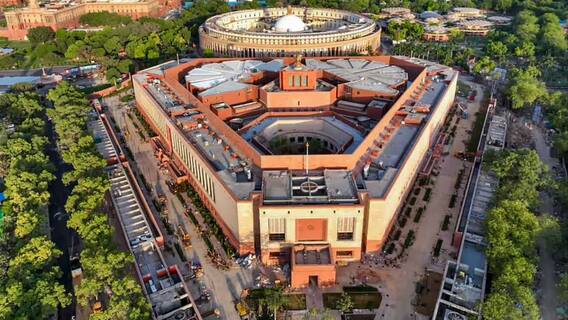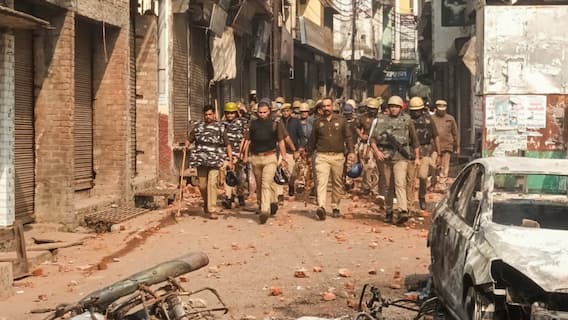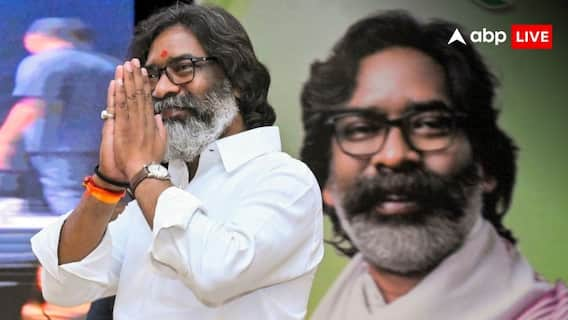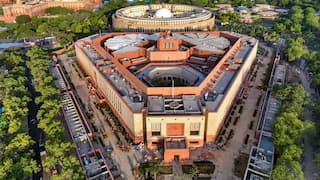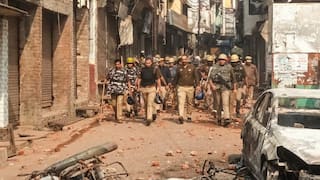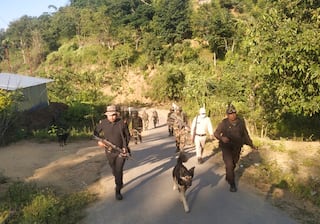Sri Lanka Crisis: China Dismisses US Criticism, Says Massive Loans Given To Boost Economy
"There are multiple components to Sri Lanka’s foreign debt, where China-related debts take far less share than the international capital market and multilateral development banks," said Chinese foreign ministry.

Hitting back at the US, China on Thursday defended its massive infrastructure ventures and investments in the crsis-hit Sri Lanka and said it was aimed to “boost” its economic development. The reaction comes after US blamed Beijing’s unproductive projects and opaque loan deals for the country’s debt situation. "The China-Sri Lanka practical cooperation has always been led by Sri Lanka with scientific planning and thorough verification with no strings attached,” said Chinese foreign ministry spokesman Zhao Lijian, as reported by news agency PTI.
"Chinese projects have boosted Sri Lanka’s economic development, and brought tangible benefits to the Sri Lankan people,” Lijian further said. He was responding to a question on the criticism of China’s projects and policies towards Sri Lanka by the USAID administrator Samantha Power.
Power, who was speaking in New Delhi on Wednesday, termed India's effort “really swift” with an absolutely critical set of measures to help the island nation, but calls to China to provide relief went unanswered.
Dismissing the allegations, Lijian said, “there are multiple components to Sri Lanka’s foreign debt, where China-related debts take far less share than the international capital market and multilateral development banks,” reported PTI
“Besides what China provides for Sri Lanka almost preferential loans with low-interest rates and long terms, which have played a positive part in improving Sri Lanka’s infrastructure and livelihood,” he added.
The unproductive Chinese projects in Sri Lanka, including the Hambantota port, which Beijing took over on a 99-year lease as a debt swap, have come under sharp criticism.
The unprecedented economic crisis faced by Sri Lanka has led to severe shortages of fuel, cooking gas and medicine and long lines for essential supplies, which led to massive anti-government protests. China, which accounts for 10 per cent of Sri Lanka’s debt, is reported to have resisted offering a debt cut.
IPL Auction 2025
Top Headlines
Trending News







